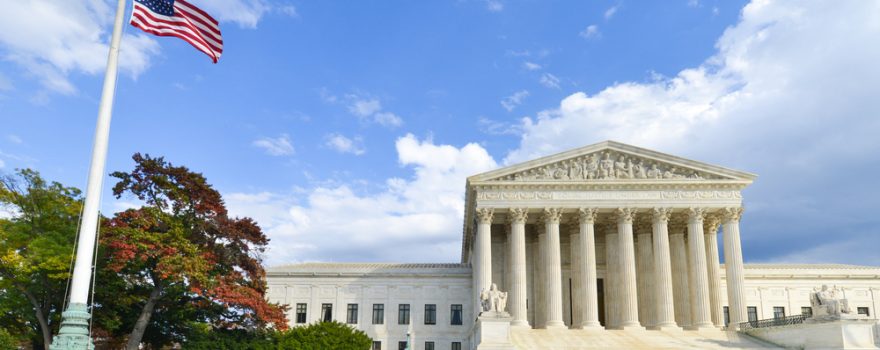
In a significant legal development, the U.S. Supreme Court has declined to hear the lawsuit filed by Genius against Google, upholding the decisions of lower courts that ruled in favor of the tech giant. Genius, a web resource known for publishing song lyrics with proper licensing, has been attempting to prove since 2019 that Google unlawfully appropriates its work. The search engine retrieves song lyrics from the LyricFind service, which Genius claims copies its content and licenses it to Google.
In 2020, Genius faced defeat in both the district and appellate courts. District Judge Margo Brody deemed Genius’ lawsuit “preempted” by the U.S. Copyright Act, and the subsequent appeal proved unsuccessful.
Ironically, Genius almost found itself in a precarious situation. The company argued that by transcribing and publishing licensed lyrics, it had invested labor and resources, thus establishing additional rights beyond the original copyrights. However, the judge contended that Genius had essentially created unauthorized derivative works based on the originals, and their claims were not substantially different from copyright claims. Quoting from the district court’s ruling, “Defendants have unauthorizedly reproduced Plaintiff’s work, which itself infringes the owners’ exclusive right under the federal Copyright Act.” In its appeal to the U.S. Supreme Court, Genius asserted that the Copyright Act does not nullify Google’s violation of its site’s terms of use regarding the materials, as the materials explicitly prohibit copying. Genius argued that nothing in the law contradicts the additional restrictions defined in the contract, highlighting the potential implications of the decision on companies that possess licenses but not copyrights to content and questioning the integrity of contractual relationships.
Google, in response, dismissed these arguments as alarmist hyperbole and upheld the ruling of the appeals court. “The Second Circuit correctly held that Genius’s contract claims were equivalent to a copyright infringement claim and thus preempted. Genius’s contract claims are disguised copyright claims. Genius seeks to enforce rights that are not only equivalent to, but virtually identical to, those set forth in Section 106 of the Copyright Act.”
The U.S. government thoroughly examined the case and requested the high court to dismiss the lawsuit. According to the State Department, no substantial distinctions were found between the rights claimed by Genius and those protected under federal law. The government’s appeal also emphasized that the existence of any contract breached by Google had not been established. The appeal stated, “[Genius] does not allege that respondents expressly promised not to copy lyrics from petitioner’s website. Rather, according to petitioner, any person who visits its website automatically becomes a contractual counterparty and agrees to the terms of service, regardless of whether the visitor is aware of the browsing agreement or any of its specific provisions.”
Evidently, the U.S. Supreme Court concurred with the rulings of the previous court instances.
Ultimately, this verdict signifies that a company cannot assert copyright-like rights in a contract that is not mutually agreed upon, highlighting the importance of clearly defined agreements in contractual relationships.




